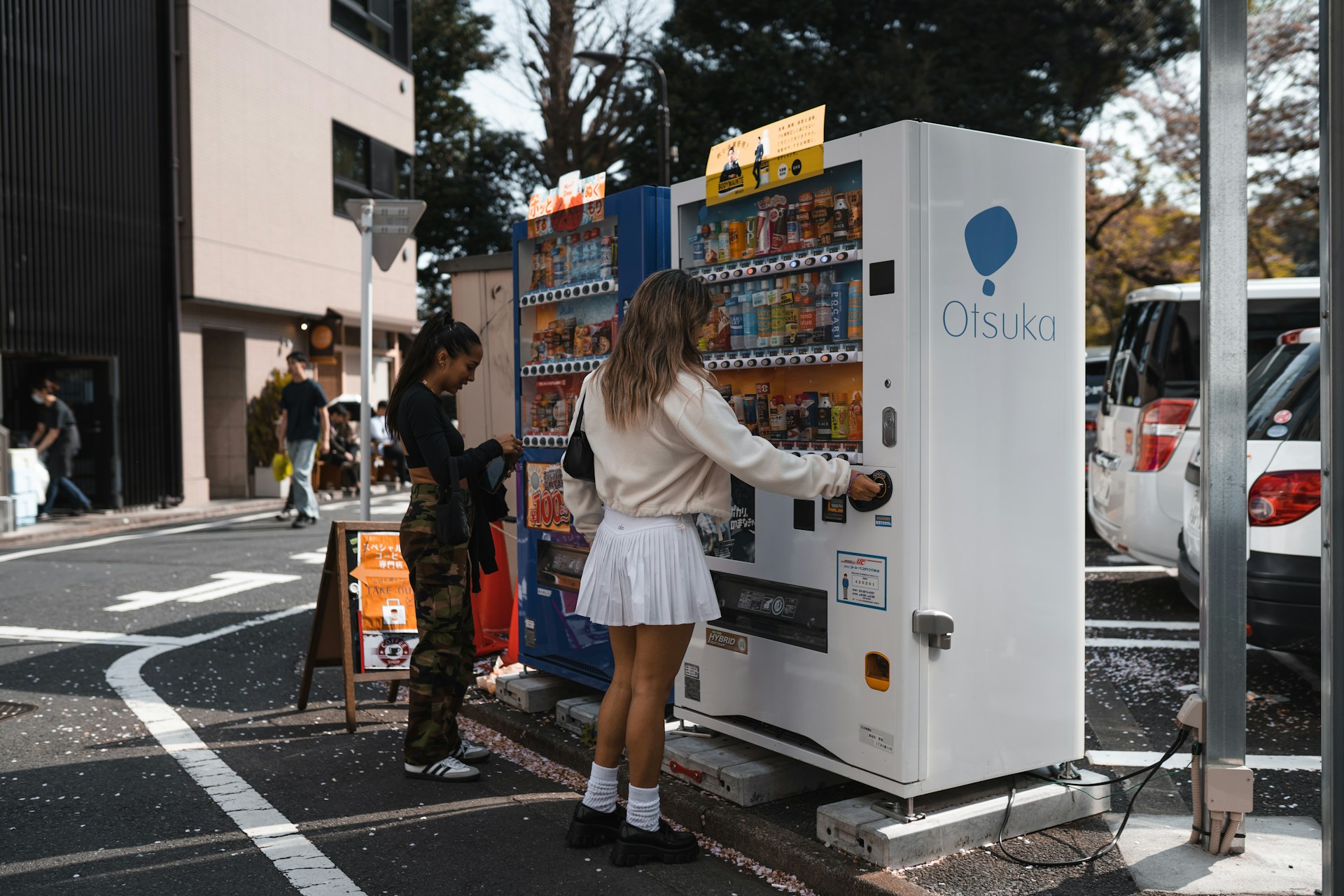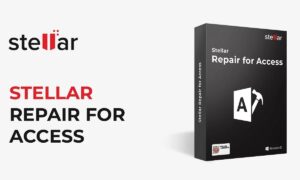The vending industry in the United States is booming — from traditional snack machines in office buildings to smart, cashless beverage dispensers in airports. Yet, before you start filling your machines, there’s one critical step every operator must take: obtaining a vending machine permit.
This isn’t just paperwork; it’s what keeps your business legal, credible, and ready for expansion. Let’s break down the costs, process, and legal rules for getting a vending machine permit in 2025.
Why You Need a Vending Machine Permit
A vending machine permit legally authorizes you to install, operate, and maintain machines that sell goods to the public. It ensures your business complies with local regulations related to health, taxation, and location usage.
Here’s why permits are essential:
- They protect your business from fines, shutdowns, or machine confiscation.
- They validate consumer safety, especially if your machines sell food or beverages.
- They prove tax compliance to local and state authorities.
- They help you secure premium locations, since most property owners only lease to licensed operators.
In short, a vending permit is your license to operate legally — and confidently.
How Much Does a Vending Machine Permit Cost in 2025?
Permit and license fees vary depending on your city, county, and state. The cost can also depend on how many machines you operate and what kind of products they sell (snacks, beverages, or non-food items).
Average U.S. Cost Breakdown (2025)
| License / Permit Type | Typical Cost Range | Description |
| Business License | $50 – $400 | Required for all vending operators |
| Vending Machine Permit (Per Unit) | $10 – $250 per year | Issued by city or county government |
| Health Department / Food Permit | $50 – $200 | Needed for machines selling food or drinks |
| Seller’s Permit / Sales Tax License | Free – $50 | Allows you to collect and remit sales tax |
| Location / Zoning Approval | Varies by city | Required for public or restricted areas |
Step-by-Step Process to Get a Vending Machine Permit in the U.S.
Getting licensed is a straightforward process once you know what’s required. Here’s how to do it step-by-step:
Step 1: Register Your Business
Before you can operate, you must legally establish your business.
- Choose your structure: Sole Proprietorship, LLC, or Corporation.
- Register your entity with your State Secretary of State.
- Obtain an EIN (Employer Identification Number) from the IRS — it’s free and required for tax reporting.
Step 2: Apply for a General Business License
Every vending operator needs a business license to legally operate within a city or county.
- Apply at your local city or county clerk’s office.
- Provide business registration details, tax ID, and business address.
- Pay the applicable license fee (usually between $50 and $400).
- Some jurisdictions issue separate licenses for each county or city you operate in.
Step 3: Get a Seller’s or Sales Tax Permit
If your vending machines sell taxable goods, you must collect and remit sales tax.
- Apply through your state’s Department of Revenue or Taxation.
- Many states offer free online registration for seller’s permits.
- You’ll receive a Sales Tax ID to include on your vending documentation.
Step 4: Apply for the Vending Machine Permit
This is the actual license allowing you to operate vending machines in your area.
- Visit your local licensing or business permit department.
- Submit your business license number, machine details, and proposed locations.
- Pay the permit fee per machine (commonly $10–$250 annually).
- Wait for approval — typically 1 to 3 weeks.
- Once approved, you’ll receive a permit certificate or sticker that must be displayed on each machine.
Step 5: Obtain a Health Department Permit (If Selling Food or Drinks)
If your machines sell snacks, beverages, or refrigerated products, you must pass a health inspection.
Inspectors check:
- Cleanliness and temperature control
- Safe storage of food items
- Proper labeling of ingredients and expiration dates
- Failure to comply can lead to fines or suspension of your vending license. Health permits are renewed annually in most counties.
Step 6: Confirm Zoning and Placement Regulations
Where you place your vending machines matters.
- Some cities restrict placement in public areas, schools, or government buildings.
- If you’re installing on private property, you’ll need written permission (NOC) from the property owner.
- Certain cities also require site inspections before approval.
- Check local zoning codes to ensure your vending spots are compliant before installation.
Step 7: Display, Maintain, and Renew Annually
Once you receive your vending permit, display it visibly on the front or side of your machine.
Renew your permit every 12 months, or as required by your city or county.
Keep machines in good condition and maintain cleanliness to ensure compliance during random inspections.
Legal Tips for a Smooth Vending Business Setup
Starting a vending machine business is about more than just placing machines — it’s about building a compliant, reputable operation that runs smoothly under state and federal regulations. Below are essential legal practices every U.S. vending operator should follow to stay organized, protected, and profitable.
1. Keep All Documents and Records Organized
Maintain copies of every permit, business license, inspection certificate, and renewal receipt — both in digital and printed formats. Local inspectors may request documentation at any time, especially during spot checks or audits. Having them readily available not only saves time but also shows professionalism and transparency.
2. Label Every Machine Clearly
Each vending machine should display your business name, contact information, and permit number. This simple step fulfills most local consumer protection requirements and helps users report issues or request refunds. In many cities (like Los Angeles and Chicago), unlabeled machines can be considered noncompliant and subject to removal.
3. Maintain Accurate Tax Records
Keep detailed records of your income, expenses, and sales tax collections. Vending income is taxable in nearly every state, so your records should align with your sales tax permit and business filings. Using modern vending software or accounting tools can automate reporting and prevent costly errors during tax season.
4. Get Liability and Property Insurance
Insurance isn’t optional — it’s essential protection.
A general liability policy covers accidents (e.g., a customer injury near your machine), vandalism, or fire damage. Property insurance can cover the machines themselves, which often cost thousands of dollars each. Most commercial landlords will ask for a Certificate of Insurance (COI) before allowing machine placement.
5. Comply with ADA (Americans with Disabilities Act) Standards
Under ADA regulations, vending machines must be accessible to individuals with disabilities.
That means controls, payment slots, and product retrieval points should be reachable by users in wheelchairs (typically between 15 and 48 inches from the ground). Compliance ensures inclusivity and protects your business from discrimination claims or fines.
6. Use Secure and Cashless Payment Systems
Today’s consumers expect convenience — and regulators expect data safety.
If your machines accept credit cards, mobile wallets, or contactless payments, make sure they comply with PCI-DSS (Payment Card Industry Data Security Standard) requirements. This prevents data breaches and protects both your customers and your reputation.
Additionally, avoid storing customer data locally on the machine — always use encrypted, cloud-based transaction systems approved by major payment processors.
7. Stay Ahead on Renewals and Updates
Every license, permit, or health certificate comes with an expiration date. Create a renewal calendar to ensure nothing lapses. Many cities charge late penalties ranging from $25 to $200, and some jurisdictions may revoke your vending authorization entirely if your license expires. Renew early — ideally 30 days before the due date — to avoid any disruption in operations.
Common Mistakes That Can Delay or Deny Permits
Even experienced entrepreneurs make simple mistakes that can stall their vending business for weeks or months. Below are the most common pitfalls — and how to avoid them.
1. Skipping Health Inspections for Food and Beverage Machines
If your vending machine dispenses snacks, coffee, or refrigerated drinks, skipping a health inspection is a serious violation. Health departments ensure machines meet safety standards for storage, temperature control, and cleanliness.
Failing an inspection — or avoiding one altogether — can result in fines or permit suspension until compliance is verified.
Tip: Schedule inspections in advance, keep cleaning logs, and label all products with expiration dates.
2. Not Registering for Sales Tax Before Applying for Permits
Most states require vending operators to have a sales tax license (or seller’s permit) before issuing a vending permit. Without it, your application may be rejected or delayed.
This oversight also creates tax compliance risks later on, as unreported vending income can attract audits or penalties from your state’s Department of Revenue.
3. Forgetting to Display the Permit Sticker or License Number
Every vending machine in the U.S. must visibly display a valid permit sticker, decal, or registration tag. These identifiers prove that your machine has been approved by local authorities.
Forgetting to display them — even temporarily — can result in citations or forced machine removal during inspections.
Tip: Attach permit stickers firmly on the front or upper side of each machine and replace them immediately if they fade or peel off.
4. Placing Machines in Restricted or Unapproved Zones
Many cities restrict vending in public spaces, schools, hospitals, or government buildings without special approval. For example:
In New York City, vending is prohibited within 10 feet of crosswalks or fire hydrants without additional permits.
In California, school vending machines must follow “Healthy Vending” nutritional standards.
Before installation, always confirm the site’s zoning category and obtain written permission from the property owner.
5. Applying for the Wrong License Type
Some entrepreneurs mistakenly apply for a general retail license instead of a vending-specific permit. Others apply for non-food vending licenses while planning to sell snacks or beverages.
Mismatched license categories can lead to rejection or the need to reapply entirely. Always specify your machine type — food, beverage, or non-food — during the application process.
6. Neglecting Machine Maintenance and Cleanliness
Even after you’re licensed, poor maintenance can cause compliance issues. Dirty machines, expired products, or visible wear and tear can trigger complaints or re-inspections by health authorities.
Regular cleaning, restocking, and mechanical checks ensure smooth operation — and protect your reputation with property owners.
7. Missing Renewal Deadlines
This is one of the most frequent and easily avoidable mistakes.
Most vending permits are valid for one year. Missing renewal deadlines often leads to late fees, temporary suspension, or in some cities, a requirement to reapply from scratch.
Tip: Maintain a compliance calendar and set up automatic reminders 30 days before each renewal date.
The Bottom Line
Most vending permit issues come down to organization and attention to detail.
If you stay proactive — keeping documents updated, machines labeled, and locations approved — you’ll minimize regulatory headaches and maximize profits.
Preparation isn’t just smart; in the vending business, it’s what separates a smooth operation from an expensive shutdown.
































































